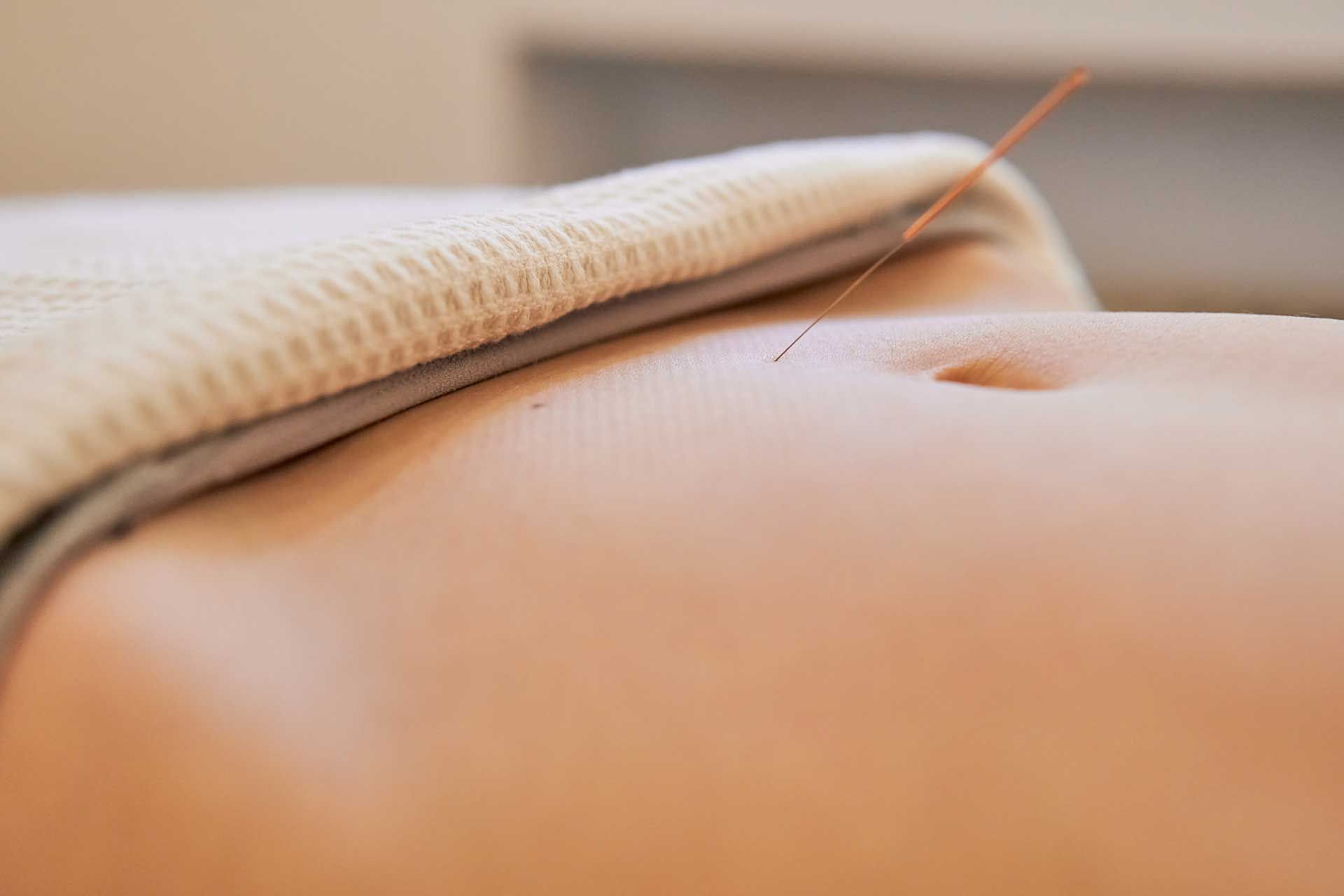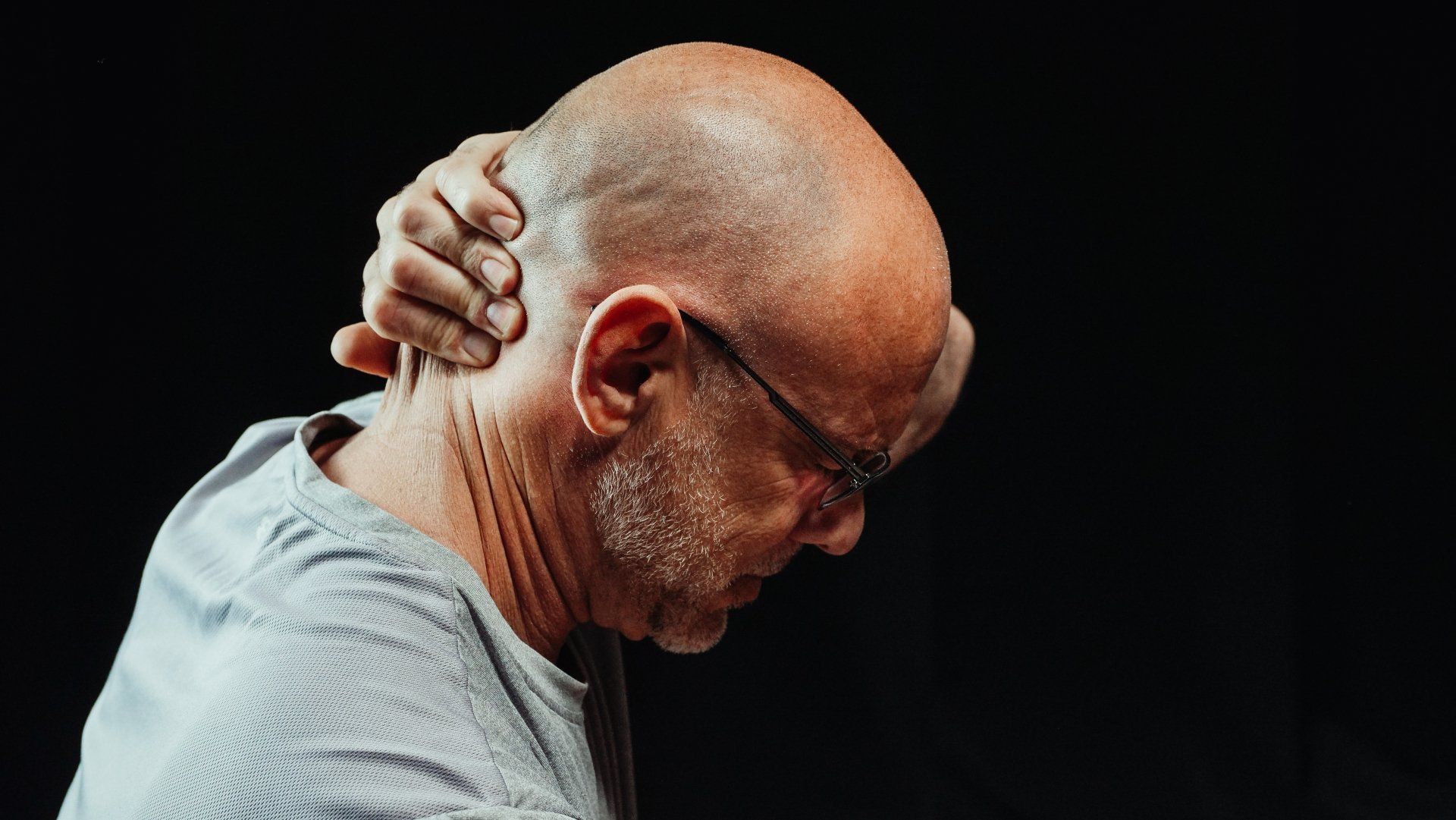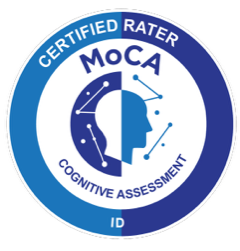Blood Sugar Part 3 - Low Blood Sugar Functional Hypoglycemia
This month we are going to look at what happens when blood sugar is too low, or we are riding a wave of reactive hypoglycemia, which is when blood sugar spikes and then crashing shortly after eating.
It is important to note here that reactive or functional hypoglycemia is not the same as a medical hypoglycemic state, which is when blood glucose level is below 3.9 mmol/l on a blood test, this is a medical issue and should be investigated by your GP.
Although some of the symptoms related to hypoglycemia may sound similar to insulin resistance, you will always find some element of insulin resistance and some element of reactive hypoglycemia together, the trick is to understand whether you tend more to insulin resistance and metabolic syndrome or to low blood sugar and hypoglycemia.
The difference will be evident when you start to look at your symptoms and how you eat – people who tend towards hypoglycemia often are normal or low weight, eat what is considered a healthy diet, often with lots of fruit and vegetables, skip meals especially breakfast and find that food makes them feel better immediately after eating.
Some of the common symptoms associated with low blood sugar are:
- Increased energy after meals
- Cravings for sweets and snacks or coffee between meals
- Irritability if meals are missed
- Become lightheaded if meals are missed
- Eating relieves fatigue
- Fell Shaky or jittery
- Felling agitated and nervous
- Poor memory and forgetfulness
- Blurred vision
- Become easily upset
Probably the most important early sign is to notice your energy after you eat. If it improves it is likely that your are suffering from low blood sugar and when you eat you feel better because your blood sugar has stabilized.
One of the most important things to understand about a healthy diet is that it needs to provide enough energy, not only to support what you are doing throughout the day but also to provide enough fuel so that your body can store this as glycogen for use in times of fasting, such as when you are sleeping. Eating a diet that is high enough in protein and fats is also important. Your liver converts protein and fats into glucose when your body needs it. It is also important to understand that your brain only uses glucose for fuel so if your blood glucose is constantly low your ability to function and feel at your best is always impaired.
Low blood glucose can also impact your ability to stay asleep. When your body is functioning normally 4-5 hours after you have eaten your blood glucose will drop this will be balanced by your adrenal glands releasing cortisol which promotes your liver to produce more blood glucose, by converting proteins and fats. If your liver is unable to do this because there is not enough stored glycogen the excess cortisol in the system will wake you up. If you wake in the middle of the night, have something to eat, and you can then fall back to sleep, this is a sure sign that you have low blood sugar.
Lack of sleep is a major factor that impacts your health and feeling of well-being and further adds to the mental symptoms that can be caused by not having enough blood sugar. When you are asleep it is the time that your body can rest and repair. Good sleep is important to help your immune system function properly and waking in the middle of the night will disrupt your circadian rhythm, which can have knock on effect to hormone balance throughout the body.
There are many people reading this who may relate to the symptoms mentioned here and are trying to deal with other health issues like hormone balance problems, gastrointestinal problems, autoimmunity or other chronic health issues. If you are trying to deal with these whilst you have functional hypoglycemia, where you don’t have enough energy to function properly throughout the day, it is going to be very hard to overcome them.
As with insulin resistance and metabolic syndrome, functional hypoglycemia is caused by diet and lifestyle choices, reversing these will mean a change to diet and other lifestyle factors. Where as those suffering with insulin resistance may need to limit the amount of calories they are eating and periods of fasting can be very helpful for them – those suffering from hypoglycemia should never fast – in fact they need eat more regularly perhaps every 3 hours avoid snacks and foods that are high in sugar or carbohydrate and start eating a breakfast that is high in protein and fats.
Stay Up to Date - get new blog posts, videos and articles straight into your inbox
Contact Us
Thank you for contacting us.
We will keep you updated of any new blog posts, videos or content that may be of interest to you.
Please try again later.
Blog Categories











